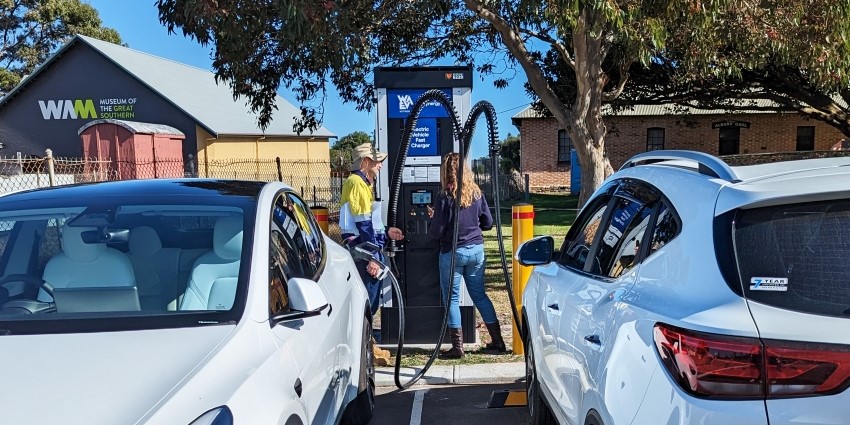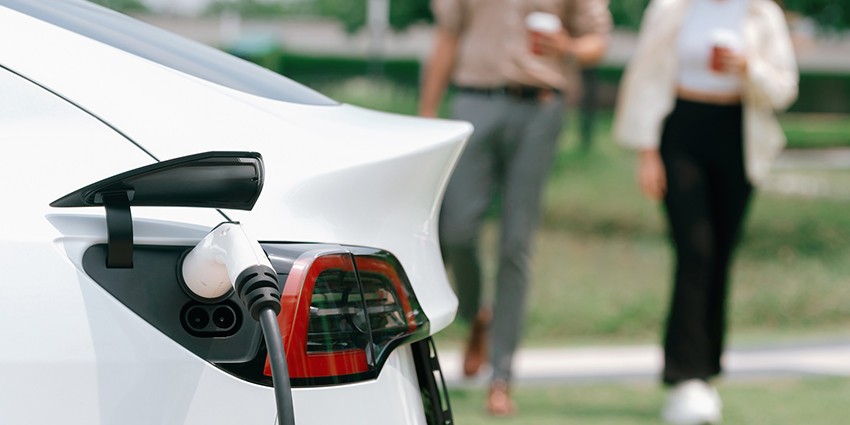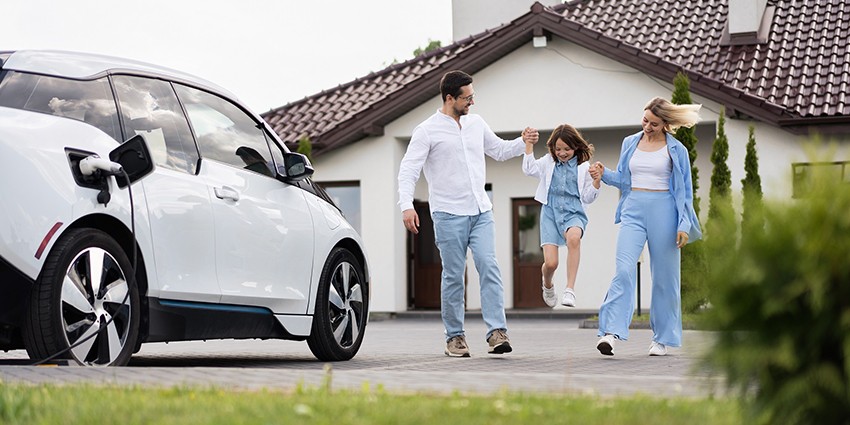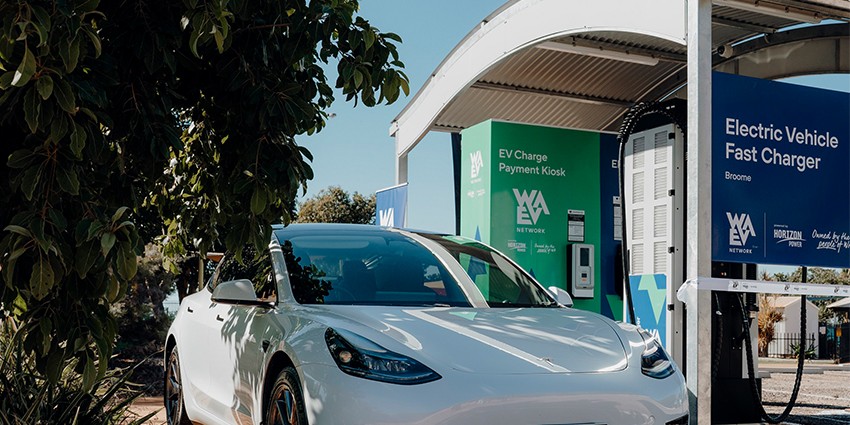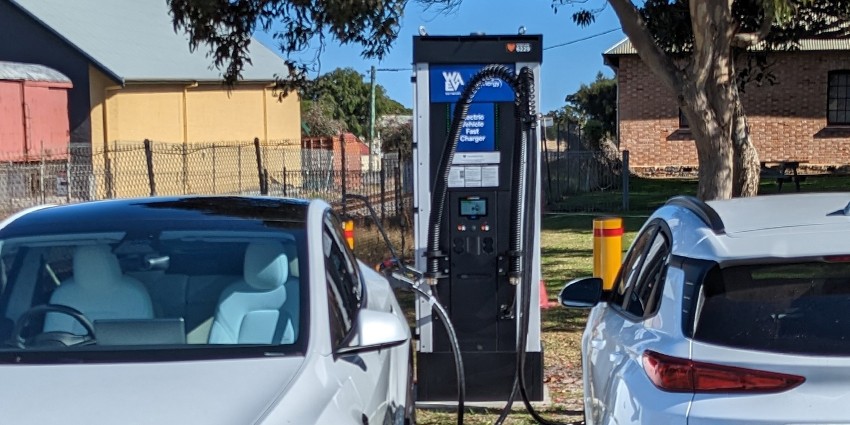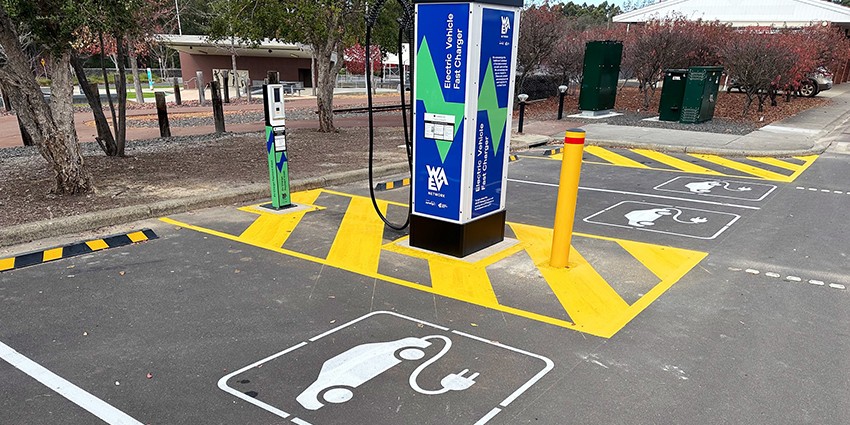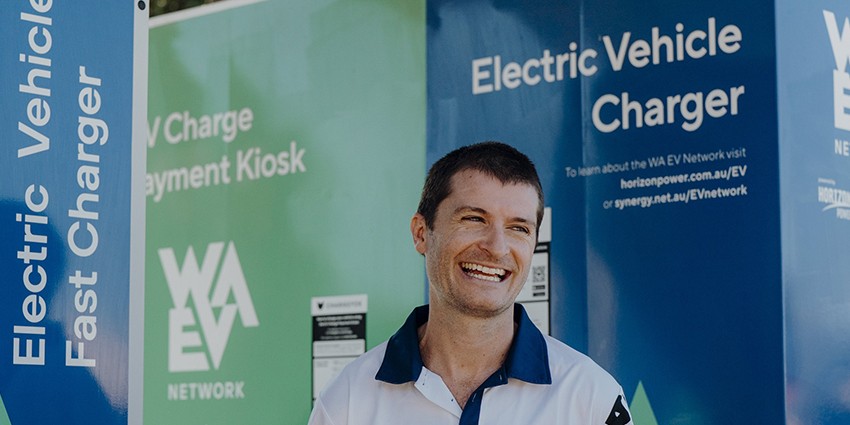This is an overview of Western Australia’s initiatives to support the transition to electric vehicles (EVs). It includes useful advice for consumers and businesses who are thinking of buying an EV, available grants, and what to consider before bringing one home.
It also outlines the State Electric Vehicle Strategy for Western Australia (State EV Strategy) and how it is supporting the adoption of EVs with the investment of more than $200 million to fund the electrification of cars and buses in Western Australia.



